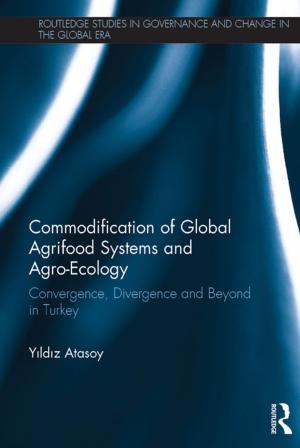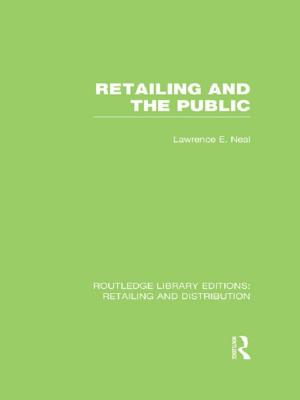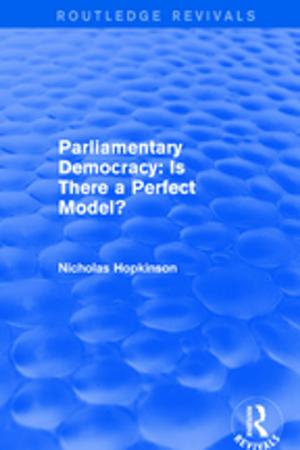| Author: | Julia Gillen | ISBN: | 9781317801825 |
| Publisher: | Taylor and Francis | Publication: | April 16, 2014 |
| Imprint: | Routledge | Language: | English |
| Author: | Julia Gillen |
| ISBN: | 9781317801825 |
| Publisher: | Taylor and Francis |
| Publication: | April 16, 2014 |
| Imprint: | Routledge |
| Language: | English |
With our increasing use of digital and online media, the way we interact with these forms of communication is having an enormous impact on our literacy and learning.
In Digital Literacies, Julia Gillen argues that to a substantial extent Linguistics has failed to rise to the opportunities presented by studying language in digital contexts. Assuming no existing knowledge, and drawing from a wide range of research projects, she presents a range of approaches to the study of writing and reading language online.
Challenging some of the existing concepts, Digital Literacies traces key ideas through both the history of literacy studies and contemporary approaches to language online, including linguistic ethnography and corpus linguistics. Examples, taken from real life studies, include the use of digital technologies in everyday life, online teenage communities and professional use of Twitter in journalism. Within each chapter, the relevant research methods used are explored and then tied to the theory underpinning them.
This book is an innovative and essential read for all those studying and researching applied linguistics, particularly in the areas of literacy and multimodality, at an upper undergraduate and postgraduate level. The title will also be of interest to those working with new media in the fields of Media and Communication Studies, Cultural Psychology, and Education.
With our increasing use of digital and online media, the way we interact with these forms of communication is having an enormous impact on our literacy and learning.
In Digital Literacies, Julia Gillen argues that to a substantial extent Linguistics has failed to rise to the opportunities presented by studying language in digital contexts. Assuming no existing knowledge, and drawing from a wide range of research projects, she presents a range of approaches to the study of writing and reading language online.
Challenging some of the existing concepts, Digital Literacies traces key ideas through both the history of literacy studies and contemporary approaches to language online, including linguistic ethnography and corpus linguistics. Examples, taken from real life studies, include the use of digital technologies in everyday life, online teenage communities and professional use of Twitter in journalism. Within each chapter, the relevant research methods used are explored and then tied to the theory underpinning them.
This book is an innovative and essential read for all those studying and researching applied linguistics, particularly in the areas of literacy and multimodality, at an upper undergraduate and postgraduate level. The title will also be of interest to those working with new media in the fields of Media and Communication Studies, Cultural Psychology, and Education.















